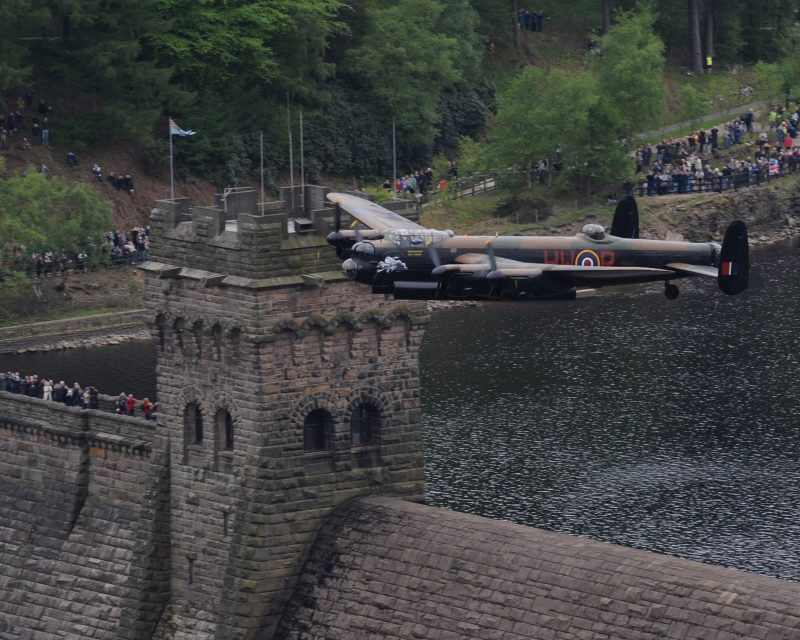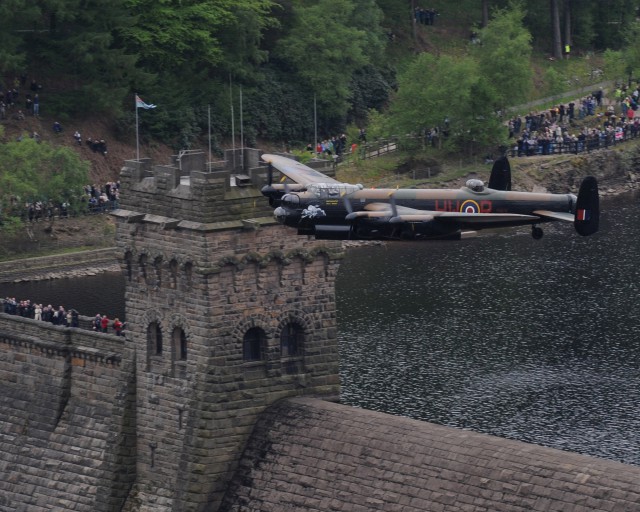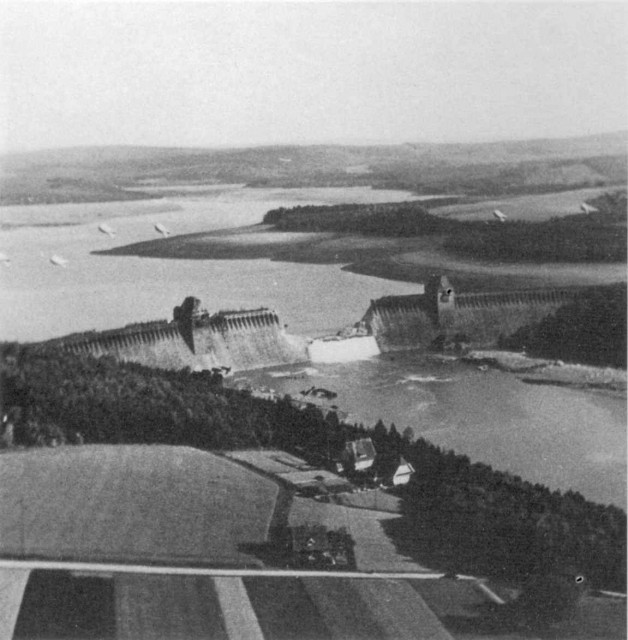The Dambusters raid was brought to life in the movie of the same name made in 1955. Many servicemen were killed during the mission, and for those who survived they say they just had to get on with normal life.
Frank Tilley, from Hitchin in Hertfordshire, England, is a Dambuster veteran who served with the famous RAF 617 Squadron and took part in the Dambusters raid.
He has now became a key source for a new book called ‘After the flood – what the Dambusters did next’ by former RAF pilot John Nichol, who himself flew during daring raids in the first Gulf War.
Frank, who is now 92, says that at the time none of the crew saw themselves as heroes and that the film made it look far more glamorous than it actually was.
During World War Two, RAF 617 Squadron had become well-known for being able to make attacks on enemy targets with a great deal of precision, and not just once, but time and time again.
The mission over Germany’s Ruhr Valley that made the squadron famous consisted of 133 crew and 19 Lancaster bombers. The idea was that by flooding the heavily industrialized Ruhr Valley, it would decimate the Nazi war machine.
The participating airmen did suffer heavy losses, 53 of the 133 aircrew involved were killed but it ended up being a success and the crewmen who returned home became heroes.
John’s book goes on to tell the story of the missions the squadron undertook after the Dambusters raid. They include dropping the biggest bombs of their time onto the Nazi’s warship, the Tirpitz, as well as attacking German railways, weapons facilities, submarine docks and destroying a huge German-devised super gun that was capable of reaching London from Europe, The Comet reports.
John says that he write the book because he was eager to tell the story of the famous squadron, not only about their most famous mission, but also everything else they did during the war. He says that there is no doubt that what 617 Squadron did changed the course of the war into the Allies’ favour.
Frank, meanwhile, says that when the war ended he and all the other surviving crewmen just got back to a normal life and none of them talked about what they did during the war.
Frank married his wife just after the war in 1947, but says that he never even mentioned what he did to her until about 40 years later. He recalls how on one mission his aircraft lost part of a wing and two of his fellow crewmen died, while they had to fly back from Germany at 1000 feet. Limping home they made a crash landing in Lincolnshire.
Frank says that he is no hero, it is those who went on missions and never came back who are the real heroes.


